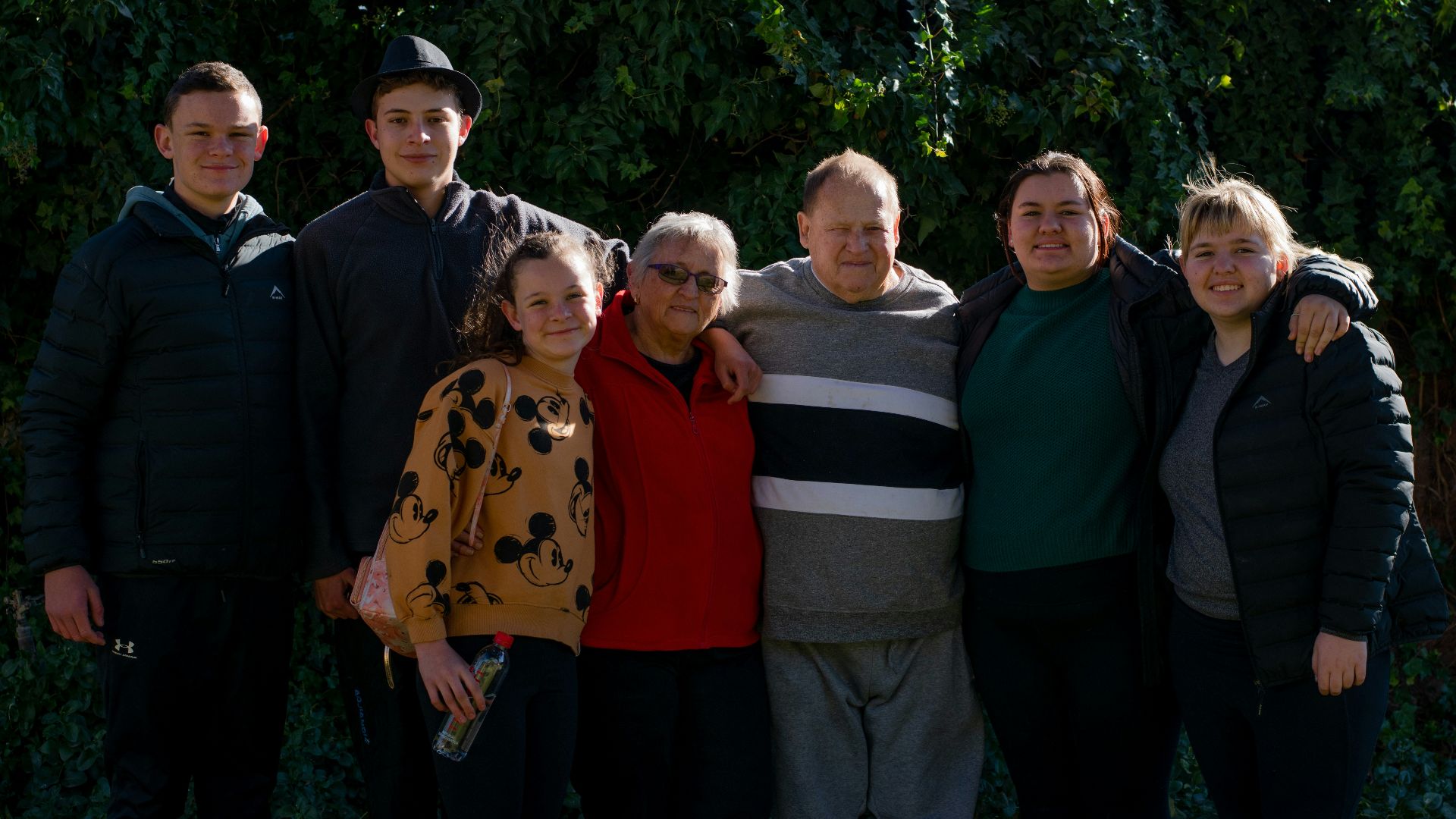Loneliness in Retirement is a Real Problem
Everyone dreams of retirement, but most don't consider some of the issues they will face in adjusting to a new lifestyle. There's some financial uncertainty, navigating the maze of health insurance, and coping with a lack of purpose. Here are 20 struggles everyone faces in retirement.
1. Adjusting to a New Identity
In retirement, many people struggle with losing their professional identity. Our careers gave us purpose, validation, and daily structure. Without it, a retiree can feel uncertain about who they are and what they can contribute to society.
2. Establishing a New Daily Routine
Retirement removes the daily routine that scheduled our lives for years. While a newfound sense of freedom can be invigorating, you might feel disoriented at first. You should establish a new daily routine to create habits and structure. Even if it's just meeting a friend for coffee one morning a week or taking evening walks, it can make a big difference.
3. Manage Loneliness
Retirement will reduce your daily interactions and force your social circle to shrink. Even if you are close with your family, you may experience long stretches of solitude. You should build new social connections to limit any feelings of isolation.
4. Financial Uncertainty
Even with careful planning, retirees are prone to worrying about outliving their savings. Rising costs of living and market fluctuations can cause unexpected anxiety. The shift from saving to spending can make you anxious about every purchase.
5. Rising Living Costs
Most retirees live on fixed incomes that won't increase along with the rate of inflation. The cost of housing, healthcare, food, insurance rates, and utilities will go up during your retirement, so you need to build this into your retirement financial plan.
6. Health Issues
As we age, chronic health conditions become more of a reality. You could face new medical needs every year. You will have to learn to manage doctor visits, medications, and make adjustments to your daily life.
7. Navigation The World of Insurance
The U.S. healthcare system is complex, especially for people transitioning from employer-paid coverage. You need to understand Medicare, supplemental plans, premiums, and what your coverage entails.
 Hush Naidoo Jade Photography on Unsplash
Hush Naidoo Jade Photography on Unsplash
8. Coping With a Lack of Purpose
Retirees can experience a sudden aimless feeling since they are no longer slaves to deadlines, projects, potential promotions, and everything else involved in a career. The best strategy is to replace career-based fulfillment with activities and hobbies that you enjoy, like volunteering and mentoring.
9. Taking Time for Physical Activity
Staying active is more challenging in retirement. You will feel a lack of motivation to get moving and might be more physically limited. Without regular physical activity, your mobility and strength might decline at a rapid rate.
10. Finding Mental Stimulation
Without the intellectual demands of our careers, we might succumb to mental stagnation or cognitive decline. You need to work to maintain a sharp mind. Seek stimulation in the form of reading, puzzles, or learning a new skill.
11. Losing Friendships
Since many of our friendships are formed at work, they can stop once there are no more daily interactions. It's easy for retirees to misjudge how much of their social life is ingrained at work. Maintaining these connections requires extra effort and meetups.
 Antoni Shkraba Studio on Pexels
Antoni Shkraba Studio on Pexels
12. Feeling Unproductive
Retirees might be struck with a guilty feeling because they aren't accomplishing much or working toward a goal. Years of being productive can make you feel like you're simply not doing anything of worth on most days. This can lead to restlessness and dissatisfaction.
13. Downsizing
One of the major decisions you have to make in retirement is whether to downsize your home. This can be emotionally challenging as our homes contain years of memories and are tied to our identities. Relocating for affordability or to have certain amenities can add stress, but it can also be a great opportunity.
14. Helping Adult Children Financially
In retirement, you might feel obligated to support your adult children who are struggling financially. This can come at the expense of your own financial security and cause a lot of stress and anxiety.
15. Caring for Aging Family Members
You might find that you're saddled with being a caregiver in your retirement. This responsibility can be emotionally draining and physically demanding. It can also overshadow the freedom you were looking forward ot enjoying in retirement.
16. Feeling Distant from Younger Generations
Whether you liked it or not, working forced you to interact with people from different generations. Once you're done with your work life, you might feel out of touch with current culture and technology.
17. Battling Constant Boredom
Even with a schedule full of hobbies and some volunteer work, you may experience periods of monotony and boredom. Once the honeymoon phase of retirement ends, you'll have to deal with some idle time. This can lead to irritability or the formation of unhealthy habits.
18. Feeling Overwhelmed By Technology
Technology moves fast, and retirees can find it challenging to keep up. You shouldn't be scared of digital banking, healthcare platforms, or new generations of smartphones. Instead of feeling intimidated, you should embrace these technologies and let them work to make your life easier.
19. Adjusting to Shifting Social Roles
Family dynamics can change once you retire, and it requires some adjustment. You might become the go-to babysitter or be required to help in ways you didn't have to before. You might even feel sidelined by younger family members who are now ready for extra responsibility.
20. End-of-Life Planning
Being retired makes us feel extra aware of our mortality. You will need to make decisions about your will, medical directives, and funeral services. These things are emotionally heavy, but they must be dealt with.
KEEP ON READING

20 Natural Ways You Can Boost Your Immune System

20 Ways To De-stress & Relax After Work

The 10 Most Common Diseases & The 10 Most Rare























